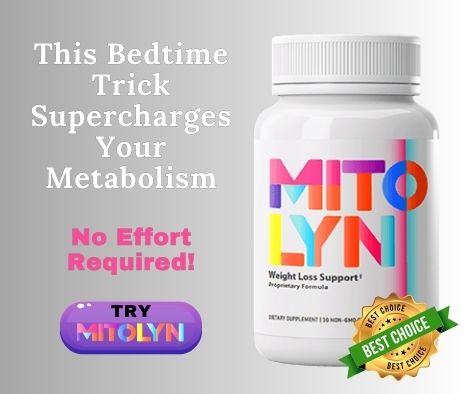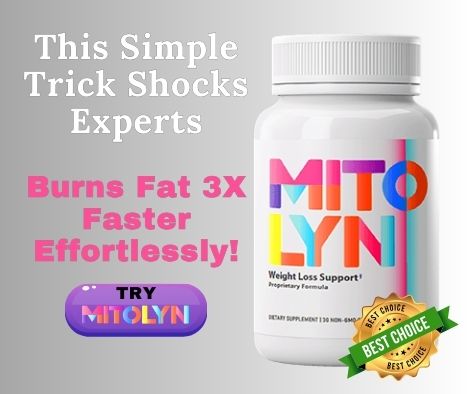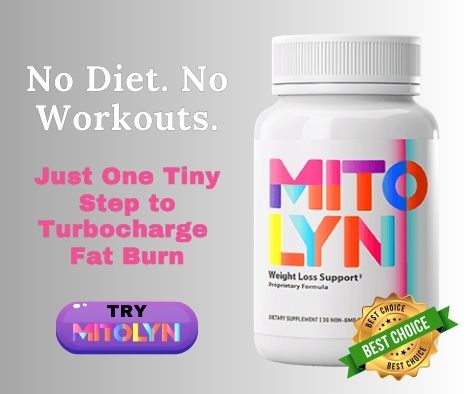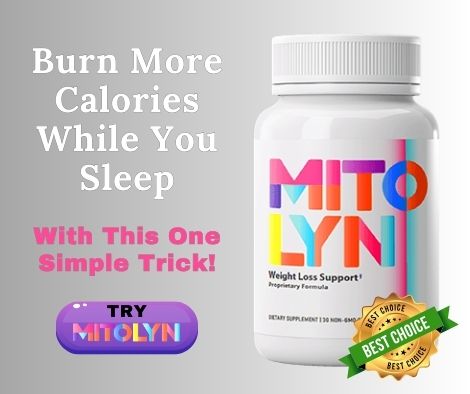Walk into any health store, and you’ll see shelves packed with vitamins, minerals, and herbal supplements, each claiming to boost energy, improve immunity, or enhance overall health. The supplement industry is a multi-billion-dollar business, but are these products really necessary, or are they just expensive placebos?
The truth lies somewhere in between. While supplements can fill nutritional gaps and support specific health needs, they can never replace a nutrient-dense diet. Real food provides a complex combination of vitamins, minerals, fiber, and phytonutrients that work synergistically—something no pill can fully replicate.
Supplements should be used wisely, as a tool to complement a healthy lifestyle, not as a shortcut to good health. Understanding their role can help maximize their benefits while avoiding common pitfalls.
1. Why Whole Foods Come First
The body thrives on whole, unprocessed foods because they deliver nutrients in their natural form, often with additional compounds that enhance absorption and effectiveness. For example, vitamin C from an orange comes with fiber, flavonoids, and other antioxidants that work together to boost immunity. A vitamin C pill lacks these extra benefits.
Whole foods also provide essential enzymes, healthy fats, and probiotics that supplements can’t fully replicate. Fiber-rich foods like fruits, vegetables, and whole grains support gut health, regulate blood sugar, and aid digestion—something a fiber supplement alone can’t accomplish.
Before turning to supplements, it’s essential to focus on eating a diverse diet rich in whole, unprocessed foods. When food alone can’t meet specific needs, supplements may play a helpful role.
2. Who Might Need Supplements?
While a well-balanced diet should provide most nutrients, some groups are more likely to have deficiencies and may benefit from supplementation:
Pregnant women – Need folic acid to prevent birth defects and iron to support increased blood volume.
Older adults – Often require vitamin D, calcium, and B12 due to reduced absorption.
Vegans and vegetarians – May lack B12, iron, omega-3s, and zinc found in animal-based foods.
People with digestive disorders – Conditions like IBS, Crohn’s, or celiac disease can impair nutrient absorption, requiring extra supplementation.
Athletes and highly active individuals – Often need more magnesium, protein, and electrolytes for muscle recovery and performance.
For these individuals, supplements can prevent deficiencies and support optimal health. However, they should always be used alongside—not instead of—nutrient-dense foods.
3. Common Nutrients That Are Hard to Get from Diet Alone
Even with a healthy diet, some nutrients are more difficult to obtain in sufficient amounts. These include:
Vitamin D – Found in few foods naturally, it requires sun exposure to produce in the body. Many people, especially in colder climates, are deficient.
Omega-3 Fatty Acids – Primarily found in fatty fish, omega-3s support brain and heart health. Plant-based sources like flaxseeds and walnuts contain a less potent form.
Magnesium – Essential for muscle function, relaxation, and sleep, yet depleted by stress and processed foods. Many people fall short.
Iodine – Necessary for thyroid function, yet often lacking in diets without seafood or iodized salt.
B12 – Found in animal products, making it essential for vegetarians and vegans to supplement.
When diet alone isn’t enough, targeted supplementation can help ensure these crucial nutrients are covered.
4. The Problem with Over-Supplementation
More isn’t always better. Taking high doses of certain vitamins and minerals can do more harm than good.
Excess vitamin A can cause liver damage.
Too much iron can lead to toxicity, especially in those without a deficiency.
Overuse of calcium supplements has been linked to an increased risk of heart disease.
Megadoses of vitamin C may cause kidney stones in some individuals.
Supplements should be taken in appropriate amounts based on actual needs, not as a replacement for a poor diet.
5. Quality Matters: Not All Supplements Are Created Equal
The supplement industry is largely unregulated, meaning not all products contain what they claim. Many cheap supplements use synthetic ingredients, fillers, or contaminants that reduce effectiveness.
When choosing supplements:
Look for third-party testing (such as NSF, USP, or ConsumerLab) to ensure purity and potency.
Opt for whole-food-based supplements over synthetic versions.
Avoid products with unnecessary additives, artificial colors, and preservatives.
Investing in high-quality supplements ensures better absorption and effectiveness.
6. Timing and Pairing Supplements for Maximum Benefit
Certain nutrients work best when taken together, while others interfere with absorption.
Vitamin D should be taken with healthy fats to improve absorption.
Iron is best absorbed with vitamin C but should not be taken with calcium, which blocks absorption.
Magnesium is better absorbed in the evening as it helps relax muscles and improve sleep.
Zinc competes with copper for absorption, so they should be balanced properly.
Taking supplements at the right time and in the right combinations enhances their effectiveness.
7. Supplements Are a Safety Net, Not a Shortcut
Many people take supplements to compensate for poor eating habits, assuming they can fix a nutrient-poor diet. This approach leads to a false sense of security while ignoring the importance of whole foods.
No supplement can replace the synergistic effects of real food—fiber, enzymes, and phytonutrients work together in ways that isolated vitamins can’t replicate.
Instead of relying on pills, focus on building a foundation of nutrient-rich meals, then use supplements strategically where necessary.
A Smarter Approach to Supplements
No pill can replace the complexity of real food, but strategic supplementation can be a powerful tool when used correctly. Supplements should never be an excuse to neglect whole, nutrient-dense foods. Instead, they should act as a safety net—filling in gaps caused by modern food production, lifestyle factors, or specific health needs.
The real danger lies in blind supplementation—taking excessive amounts without knowing what the body truly needs. More isn’t always better, and some supplements, when taken in isolation or poor-quality forms, can cause imbalances or even harm. Quality, proper dosing, and nutrient synergy matter more than quantity.
Rather than chasing health trends, the best approach is intentional, informed choices—prioritizing whole foods first, testing for deficiencies when necessary, and using high-quality supplements only when needed. The goal isn’t to replace good nutrition but to support it, ensuring the body has everything it needs to function at its best for years to come.




